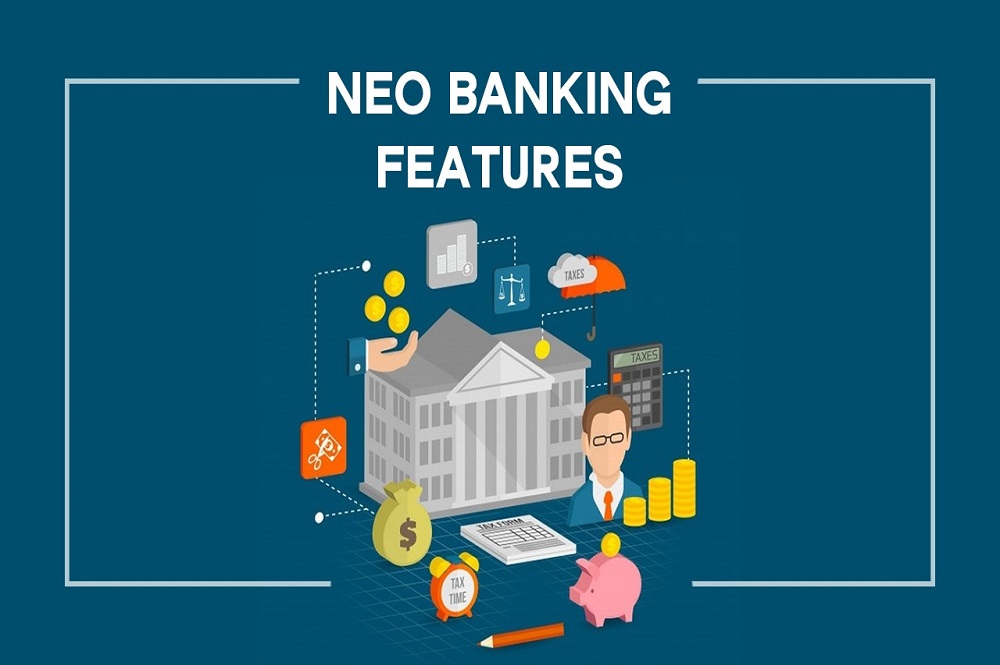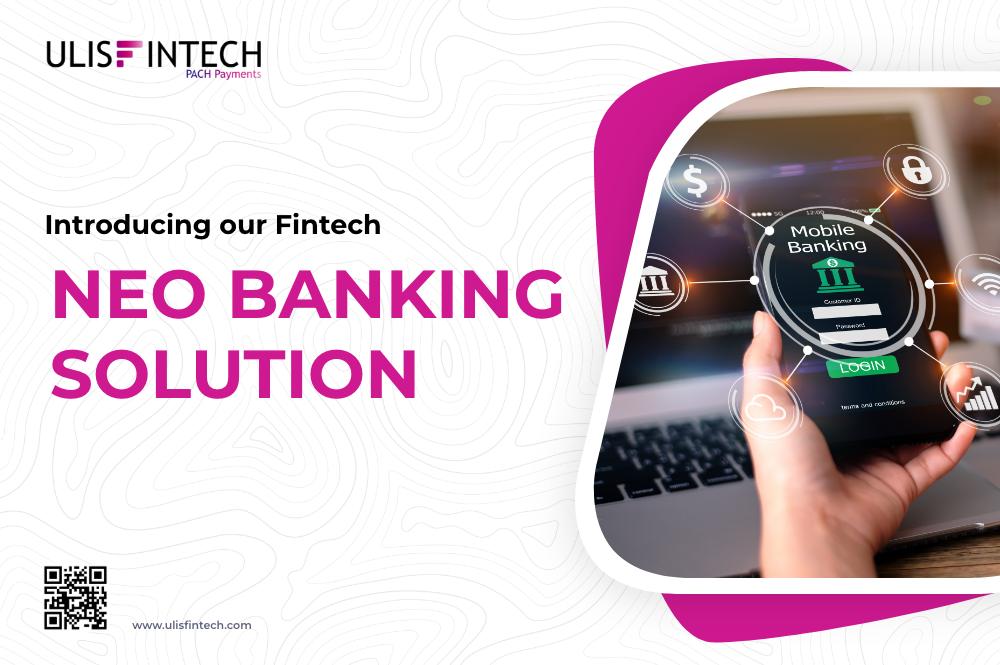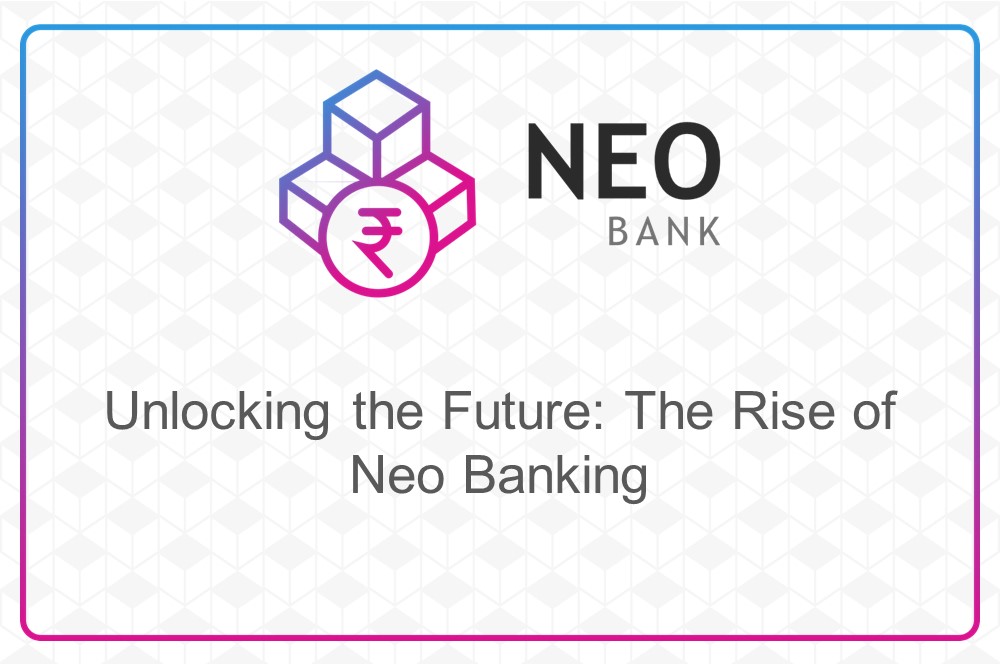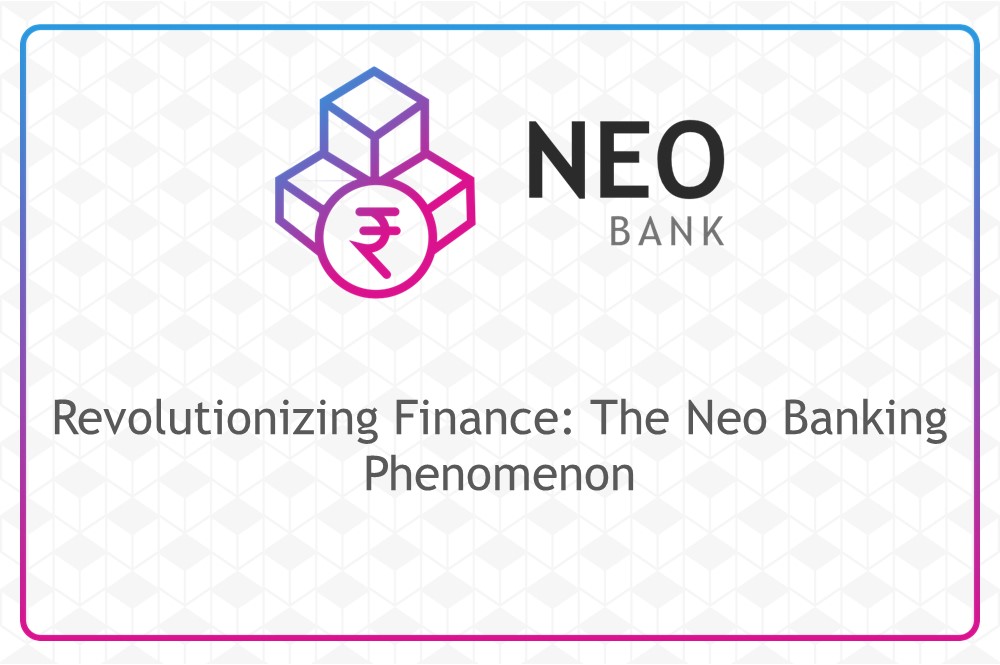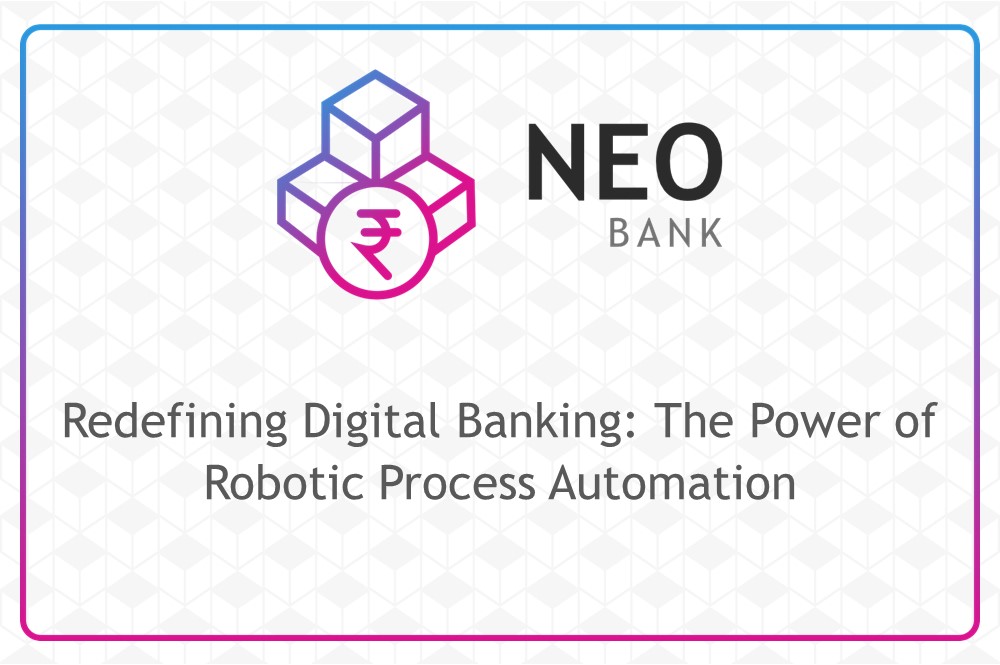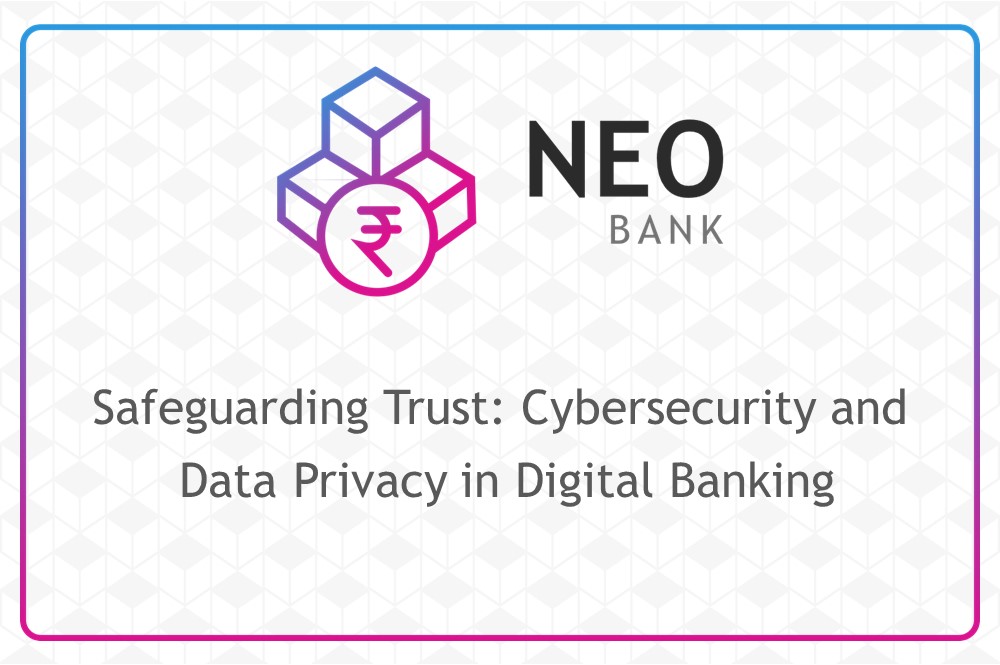Bridging the Gap: How Neo Banks Empower Financial Inclusion for Immigrants
Jun 17, 2025 - 2 MINS READ
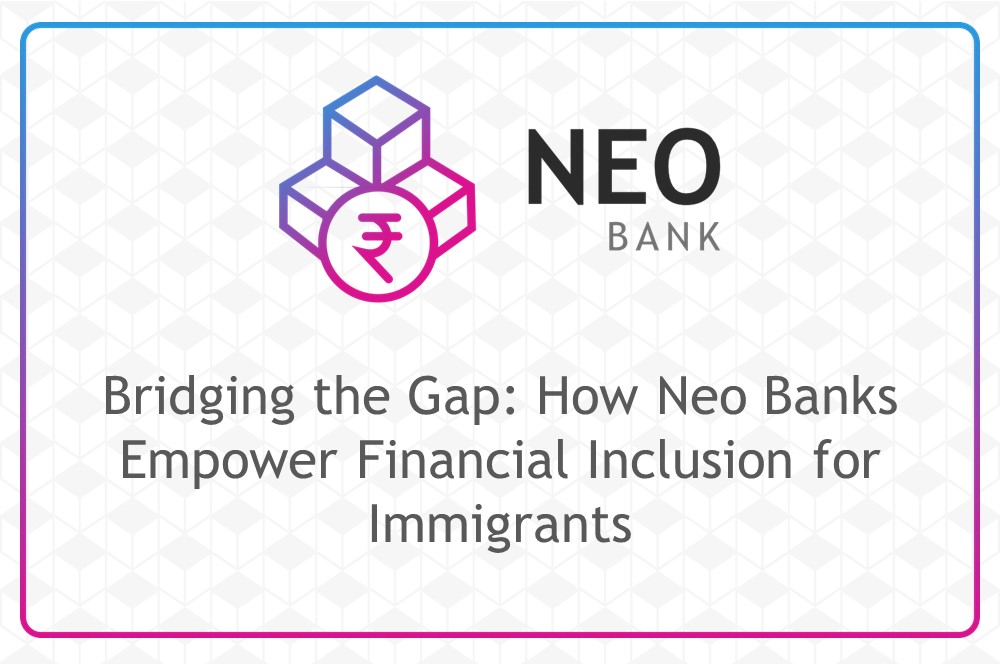
Neo Banks and Financial Literacy for Immigrants: Building a Secure Future
Immigrants face numerous challenges when settling into a new country. One significant hurdle is navigating the unfamiliar financial system. Traditional banks often require established credit history and documentation, leaving many newcomers feeling excluded. Here's where neo banks, the digital-first financial institutions, are emerging as a game-changer. With their focus on accessibility, user-friendly interfaces, and commitment to financial literacy, neo banks are empowering immigrants to build a secure financial future.
Why Traditional Banking Can Be a Barrier for Immigrants
Traditional banks often have requirements that pose challenges for immigrants:
-
Credit History: Many banks require a strong credit history, which newcomers may lack in their new country.
-
Documentation: Opening an account might require documents like social security numbers, which may not be readily available to immigrants.
-
Limited Language Support: Traditional banking systems may not offer multilingual support, creating communication challenges.
-
High Fees: International transactions and currency exchange through traditional banks can incur high fees.
How Neo Banks Break Down Barriers for Immigrants
Neo banks offer several advantages that cater specifically to the needs of immigrants:
-
Accessibility with Minimal Requirements: Many neo banks don't require a social security number or extensive credit history to open an account. This makes them accessible to newcomers who are still building their financial footprint.
-
Multilingual Support: Many neo banks offer mobile apps and customer service in multiple languages, making banking easier to understand and navigate.
-
Lower Fees: Neo banks often offer lower fees for international transactions and currency exchange compared to traditional banks. This can save immigrants significant amounts of money when sending or receiving funds from their home countries.
-
Focus on Financial Literacy: Several neo banks offer educational resources and budgeting tools within their mobile apps, helping immigrants learn the basics of personal finance in their new environment.
Building Financial Literacy: Tools and Resources
Beyond offering accessible banking services, neo banks are actively promoting financial literacy for immigrants:
-
Financial Education Resources: Apps might offer articles, tutorials, and webinars in multiple languages covering topics like budgeting, saving, and building credit.
-
Partnerships with Immigrant Advocacy Organizations: Some neo banks collaborate with immigrant rights organizations to provide targeted financial education programs and resources.
-
Culturally-Sensitive Services: Certain neo banks tailor their services to address the specific financial needs and challenges faced by immigrant communities.
Choosing the Right Neo Bank for Your Financial Journey
With a growing number of neo banks offering services to immigrants, it's important to compare and choose the one that best suits your needs:
-
Accessibility: Consider the bank's requirements for opening an account and their level of documentation support.
-
Fees: Compare fees for international transactions and currency exchange to ensure cost-effectiveness.
-
Multilingual Support: Ensure the app and customer service are available in your preferred language.
-
Financial Literacy Resources: Choose a neo bank that offers educational content and tools to help you manage your finances effectively.
Conclusion: Empowering a Brighter Financial Future
Neo banks are emerging as a powerful force for financial inclusion for immigrants. Their accessible features, commitment to financial literacy, and focus on culturally-sensitive services are helping newcomers navigate the financial system and build a secure financial future. So, research available neo banks, and choose the one that aligns with your needs and empowers you to achieve your financial goals.
